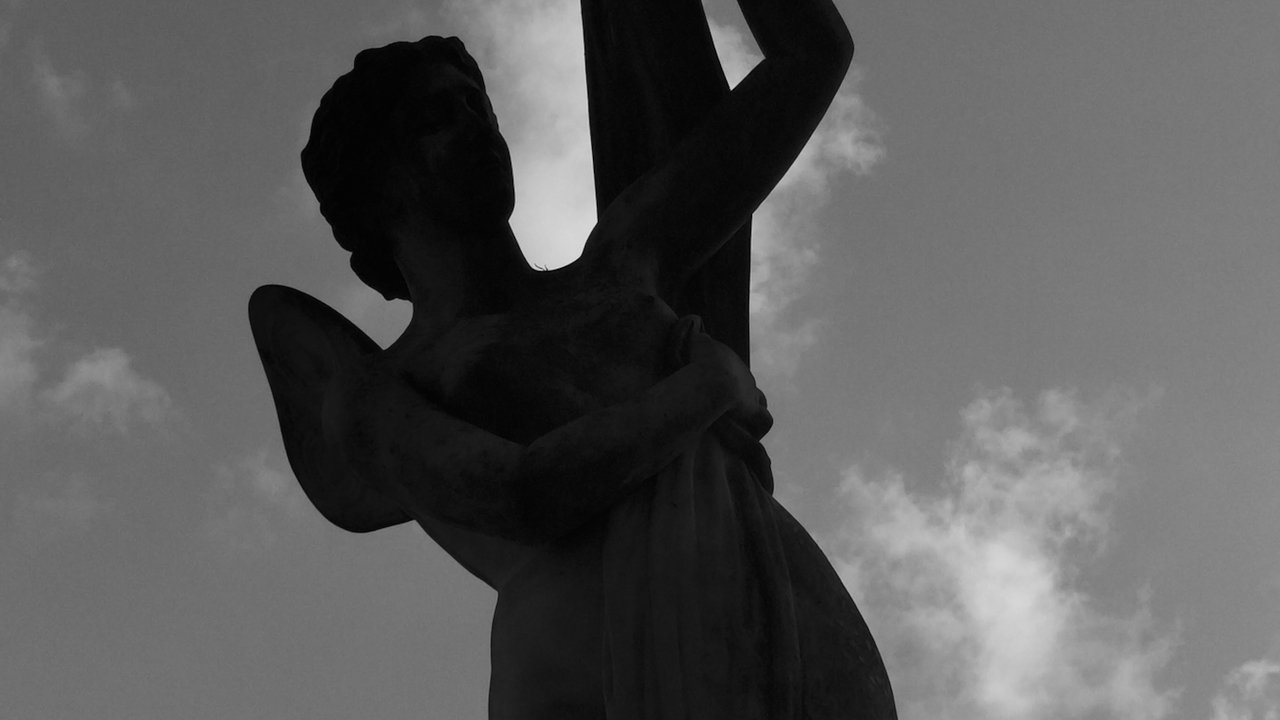A Final Line
For your last line, what do you write?
Vico Equense 2016
Here’s a proposition to ponder: you’re given a pen, a bit of ink, a single page, and told to scribble one final line. After a lifetime of words, consider it your peroration. You’ve talked a lot, written some, and now you can create one more line. One last line to string your words into a lasting song. What do you write?
As I consider an answer, I notice that the question itself has the benefit of quickly concentrating my mind. It arrives with a paradoxical mix of urgency and timelessness.
Perhaps you’ll find that your answer will depend on the day you’re asked. Perhaps you won’t have an immediate reply, or you’ll be stuck between two options, unable to select just one. Yet the exercise should bring a useful bit of stress to your thoughts. Even if you don’t consider yourself a writer, the question propels you to that position.
Thinking about distant, unknowable readers can be instructive, for too often writers—which, in this scenario, means you—have an implicit sense of leaning over a reader’s shoulder, ready to correct misunderstandings, present for further explanation, able to argue better, prepared to include more detail, anxious to resolve every muddy and opaque sentence, when, more accurately, the writer is far outside the room. This question forces you to be decisive. Neither correction nor clarification is possible—you must accept the reader’s opinion.
Doesn’t a similar verdict occur with personal relationships? The true assessment is how you’re discussed when you’re not present. What’s said once you leave the room? And the position—for the writer—is forever outside the room.
Writers should remember that their case will be argued, debated, and a sentence will be leveled; a prosecutor and judge and jury will be present, though they won’t have a right to an attorney. Regardless of how foolish, misguided, or ignorant the sentence leveled, they can never appeal.
So the question remains open. How do you fill that one line? Do you use that opportunity to express yourself, to leave behind a note of your identity? Perhaps a mark of your personality, or one lasting, memorable position, like a body from Pompeii in its final pose. Or, do you focus on the reader, trying to bequeath some valuable words? Words that equate to the summation of what you’ve learned—given as a shortcut to a younger reader. Do you believe that all of those aims can be achieved in one line?
As with all difficult questions, no one answer will satisfy the writer. Every potential answer forgoes another alternative.
If you are feeling obsessive about finding the best answer, a danger will appear: final words, farewells, and endings have a talent for attracting the most banal of clichés. And no writer wants the grand finale to be an emotionless soup. Yet how easy the potential for failure! Slogans and buzzwords simply gravitate toward goodbyes; they sanitize true finality like the smell of embalming fluid. So a sentence of platitudes becomes more of an enemy than an uninspired sentence.
Obviously a certain trepidation will accompany anyone who places a pen upon a final page. How not to fumble your play’s last line? A reckless writer might become lost within these obsessions, forever worrying about phrases, consider other possibilities, becoming even more indecisive, bubbling question atop question. Would a quote do? How about a poetic line? Can anything humorous be found? And, amid that distress, you might simply halt. Nothing is written; the pen remains perched.
Being stuck here—perpetually with unease, hesitation, indecision—is obviously futile, so the good writer eventually shoves those trepidations aside. When ink isn’t hitting the page, don’t you need a new strategy? One plan is to work from a foundation that you already know. This source of confidence might help to ground that final word. Perhaps the source can come from the writer’s history? Every writer should find some solace in having practiced the craft day after day. Why should creating the last sentence of a book differ from the creation of the first?
Most writers do value their craft as a scribbling art: closer to charcoal sketches than photographs, with more room for shading, smudges, darkening. Yet last lines don’t provide that freedom; whatever’s written will always remain unedited, as the first draft is the final record. Without any hope of an encore, the audience is sure to rise, perhaps amid a low murmur, and depart.
Yet you might reverse the entire question: although there aren’t opportunities for edits, there aren’t any chances for regret either. There are no wrong answers. No penalties are given for mistakes. When the writer awakens to this fact, the original question becomes freeing rather than limiting, and the focus shifts, the writer is removed from the page, leaving only the reader. Long after the writer has finished, only that solitary reader remains, alone with the words. You can try to envision the room. You can try to envision that individual, unknowable reader. Nothing more can be explained or revealed; unintended interpretations cannot be corrected. Yet that shouldn’t frighten you, it should dilate your focus onto that reader, and pose a second question: why would you write any line differently?




